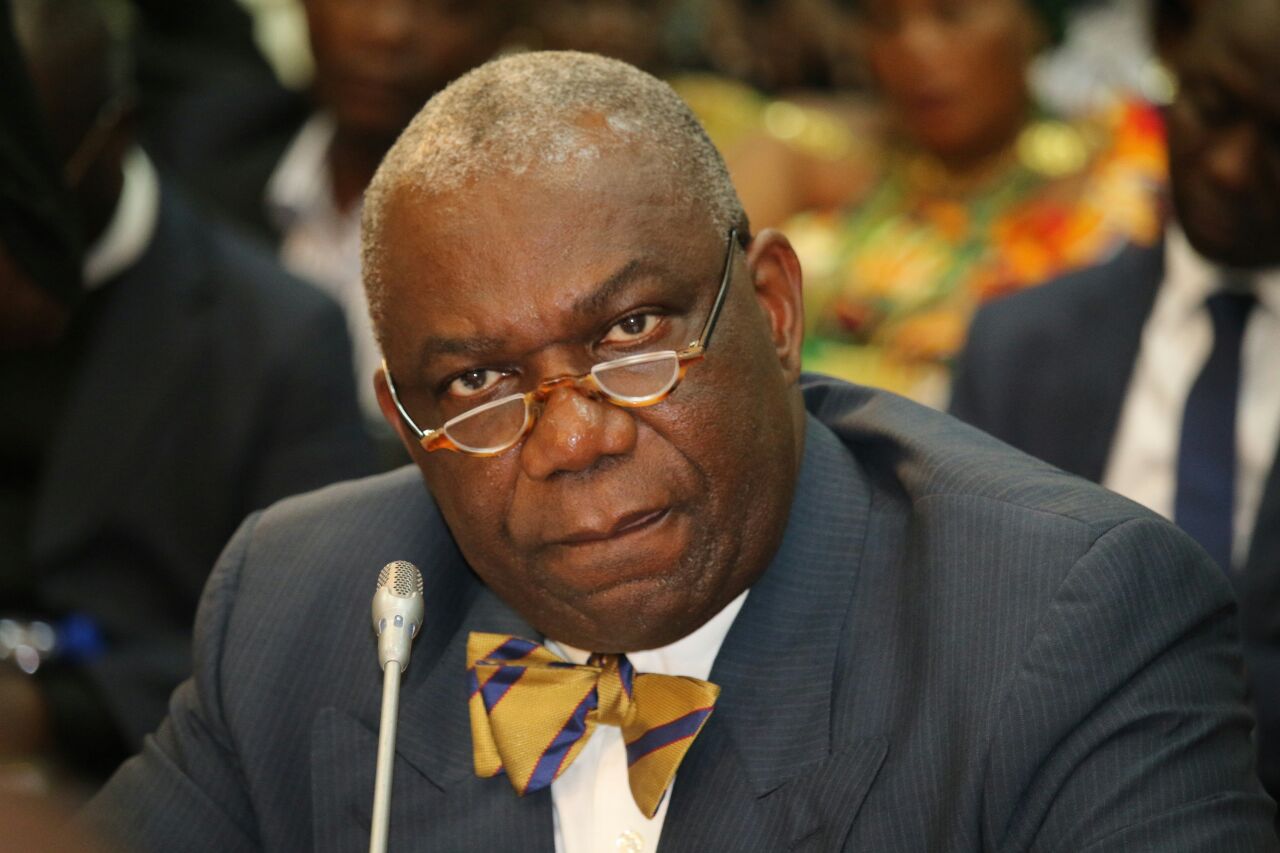The Energy Ministry has accused the Liquefied Petroleum Gas (LPG) Marketers Association of trying to hold the government to ransom with its mass closure of gas filling stations in the country.
Public Relations Officer Nana Damoah says the association is making the move with the intention to stall measures being rolled out to prevent the occurrence of deadly gas explosions.
The LPG marketers association on Tuesday announced that it has directed member across the country to shut operations. This is to enable the association to conducts its own safety audits of LPG stations across the country. The action would inadvertently cause the shortage of LPG in the nation.
Speaking on an Accra based radio station, Nana Damoah said the decision is in bad faith especially because there was no consultation with the Ministry before it was taken.
He accused the association of trying to catch government on the wrong foot because prior to the decision to shut operations, there was a meeting between the Ministry and the association's leadership but nothing about the action was communicated.
The PRO maintains the actual reason for the closures is to force government to abandon the cylinder circulation model approved by cabinet as the most effective measure to forestall future disasters. According to him the LPG marketers are also against the unannounced inspection of the gas stations by the National Petroleum Authority and are demanding that members are informed ahead of the inspections. This he maintains will defeat the purpose of the inspections.
Mr Damoah revealed so far 97 stations have been inspected with 36 closed due to safety concerns, and questioned why the LPG marketers association is against the move when in fact the majority of the stations passed the test and the 36 given directions on what they must do in order to re-start operations.
He regretted that the association has taken an unprecedented step to prevent members who did not agree with the mass shutdown from operating, by going as far as obstructing the loading of gas tankers at Atuabo on Thursday afternoon.
According to the Ministry spokesperson, the Oil marketers have consistently exhibited their resistance to policies that will enforce safety measures at the stations. They recently pulled out of a committee for the formulation of policies to prevent gas explosions even before the Atomic Junction disaster.
However, Public Relations Officer of the LPG marketers association rejected the accusation being levelled by the Ministry.
Reacting on the same radio program, Bernard Owiredu said there was no meeting between the association and the Ministry as being claimed. The Minister, Boakye Agyarko rather invited the Chairman of the Association of Oil Marketing Companies, who then asked the Chairman of the LPG marketer association to come along as a spectator.
He stressed the decision to shut all the LPG stations was taken on Tuesday for implementation Wednesday and so claims that it was arrived at, after the meeting with the Ministry are false.
On why the association pulled out of the committee, he said inputs they made to the policy were rejected. At a point they felt their presence was only adding to the numbers and so they pulled out, refusing to be part of a policy which did not consider their concerns and inputs. Mr Owiredu said the association again refused to join another committee set up to implement the policy because they were not part of the formulation.
He believes government is leveraging on the gas explosion at Atomic junction to force onto them unfavourable policies such as the cylinder re-circulation model, which could inadvertently push them out of business.
The PRO of the LPG marketers said they are ready to come to the negotiation table to dialogue on their concerns and reconsider the mass closure of the gas stations.
Â
Â
Â
Â





